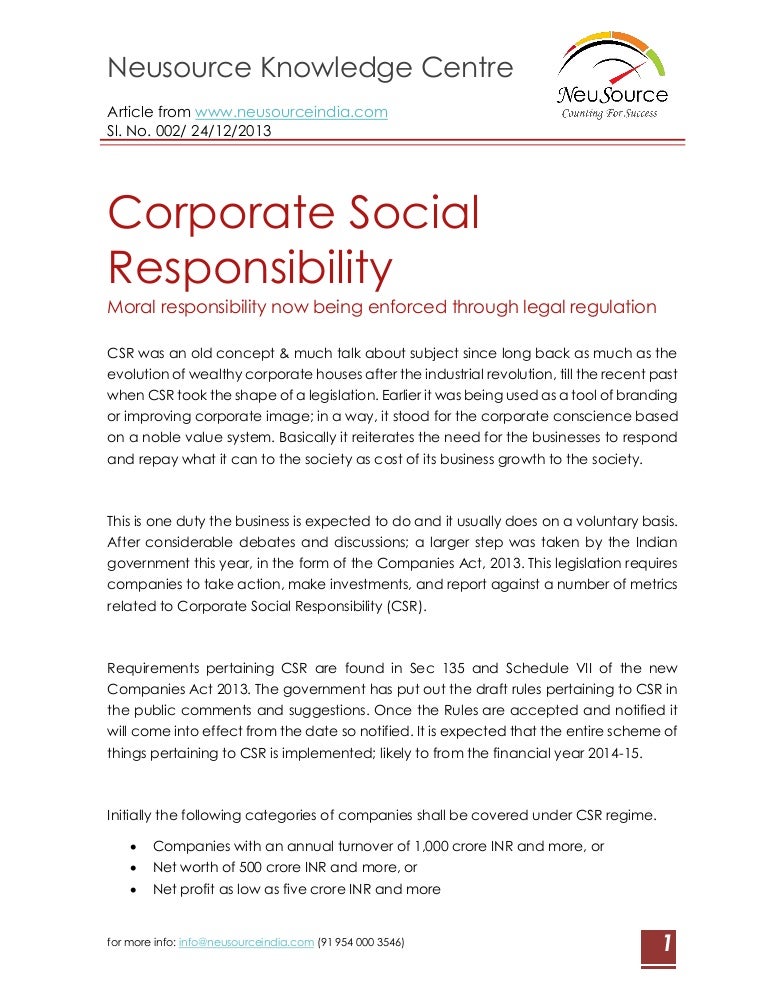Kentucky Storm Damage Assessments: Delays And Reasons Explained

Table of Contents
The Complexity of Kentucky Storm Damage Assessments
Kentucky storm damage assessments are multifaceted processes encompassing various types of damage, requiring specialized expertise and time. The assessment isn't a simple process; it requires a thorough evaluation of the extent of the damage to ensure accurate compensation. This complexity contributes significantly to potential delays.
- Assessing structural damage: This requires licensed structural engineers and architects to evaluate the safety and stability of buildings, often involving detailed reports and potentially costly repairs. This process can be significantly lengthened if specialized expertise is unavailable or if extensive damage requires multiple inspections.
- Agricultural damage assessment: Determining the impact of a storm on crops and livestock requires agricultural specialists. They analyze crop yields, assess soil erosion, and evaluate the condition of livestock, a process that often includes extensive field work and data analysis.
- Personal property damage: Assessing personal property loss necessitates a detailed inventory of damaged items, including photographs, receipts, and appraisals to determine their value. This meticulous process can be time-consuming, particularly after extensive damage.
- Each type requires different expertise and time: The diverse nature of damage means different specialists are needed for each aspect, creating a logistical challenge and extending the overall assessment timeline. Coordination between these specialists further adds to the complexity.
Factors Contributing to Delays in Kentucky Storm Damage Assessments
Several factors contribute to delays in the Kentucky storm damage assessment process. These delays can be incredibly frustrating for homeowners already dealing with the aftermath of a severe weather event.
- High Volume of Claims: After widespread storms like tornadoes or severe flooding, the sheer number of claims filed simultaneously overwhelms assessment teams, leading to significant backlogs and extended wait times.
- Severe Weather Conditions: Continued inclement weather after the initial storm can hinder access to damaged properties, further delaying on-site assessments and hindering the progress of repairs. This is especially true in rural areas with limited infrastructure.
- Staffing Shortages: The aftermath of large-scale events often leads to a shortage of qualified assessors, engineers, and other specialists needed to handle the volume of claims. This shortage impacts the speed and efficiency of the entire process.
- Insurance Company Backlogs: Insurance companies themselves often experience significant backlogs in processing claims after major storm events. This bottleneck can significantly delay the disbursement of funds and the initiation of repairs. Understanding the claims process is crucial for mitigating these delays.
- Bureaucratic Hurdles: Navigating government regulations, filing paperwork, and dealing with various agencies can add considerable time to the assessment process. This often involves multiple forms, approvals, and inspections.
The Role of Insurance Companies in Kentucky Storm Damage Assessments
Insurance companies play a crucial role in the assessment process, significantly impacting the timeline. Their involvement is essential for determining the extent of coverage and the amount of compensation homeowners will receive.
- Insurance adjusters conduct initial assessments: These assessments determine the initial scope of damage and the insurance company's liability. These initial assessments can be prone to error and often lead to additional assessments later on.
- Disputes over coverage can lead to significant delays: Disagreements between homeowners and insurance companies regarding the extent of coverage or the value of damages can lead to lengthy disputes and significantly prolong the assessment process. This can involve further evaluations and potentially legal action.
- The need for supplemental evaluations from specialized experts: In many cases, the initial assessment may require supplemental evaluations by specialized engineers, architects, or other experts to confirm damage or address complex issues, further extending the timeline.
Tips for Expediting Your Kentucky Storm Damage Assessment
While delays are often unavoidable, homeowners can take proactive steps to minimize the time it takes to complete the assessment process. These steps ensure a smoother process and minimize frustration.
- Document damage thoroughly with photos and videos: Comprehensive documentation, including detailed photos and videos of the damage, is crucial for supporting your claim and speeding up the assessment process. Timestamped footage is particularly useful.
- File your claim promptly with your insurance company: Do not delay in submitting your claim; prompt filing helps ensure you're included in the initial processing queue. Have all the necessary information ready to expedite this process.
- Maintain clear communication with your insurance adjuster and relevant authorities: Regular communication helps keep the process moving forward and addresses any issues promptly. Document all communication for your records.
- Gather all necessary documentation promptly: Collect all relevant documents, including insurance policies, property records, and receipts for damaged items. Organization is key to a smooth assessment.
- Consider hiring a public adjuster for assistance: A public adjuster can help navigate the complexities of the insurance claim process, potentially expediting the assessment and ensuring you receive fair compensation.
Conclusion
Delays in Kentucky storm damage assessments are often caused by a combination of factors, including the sheer volume of claims after major storms, severe weather conditions hindering access, staffing shortages, insurance company backlogs, and bureaucratic processes. The complexity of evaluating various types of damage further contributes to these delays. Thorough documentation, proactive communication, and potentially engaging a public adjuster are vital for navigating this process effectively. Understanding the reasons behind delays in your Kentucky storm damage assessment can help you navigate the process more effectively. For further information on expediting your claim and understanding your rights, consult with a qualified professional specializing in Kentucky storm damage assessments. Don't hesitate to seek help—getting the process started quickly is crucial for your recovery.

Featured Posts
-
 The Target Boycott A Case Study In Corporate Social Responsibility And Brand Loyalty
May 01, 2025
The Target Boycott A Case Study In Corporate Social Responsibility And Brand Loyalty
May 01, 2025 -
 Dallas Star Dies At 100 A Legacy Remembered
May 01, 2025
Dallas Star Dies At 100 A Legacy Remembered
May 01, 2025 -
 Yankees Series Finale Victory Over Guardians
May 01, 2025
Yankees Series Finale Victory Over Guardians
May 01, 2025 -
 Episima I Pari Stin Euroleague Kai Tin Epomeni Sezon
May 01, 2025
Episima I Pari Stin Euroleague Kai Tin Epomeni Sezon
May 01, 2025 -
 Eskisehir De Tip Egitimi Ve Stres Yoenetimi Boksun Faydalari
May 01, 2025
Eskisehir De Tip Egitimi Ve Stres Yoenetimi Boksun Faydalari
May 01, 2025
